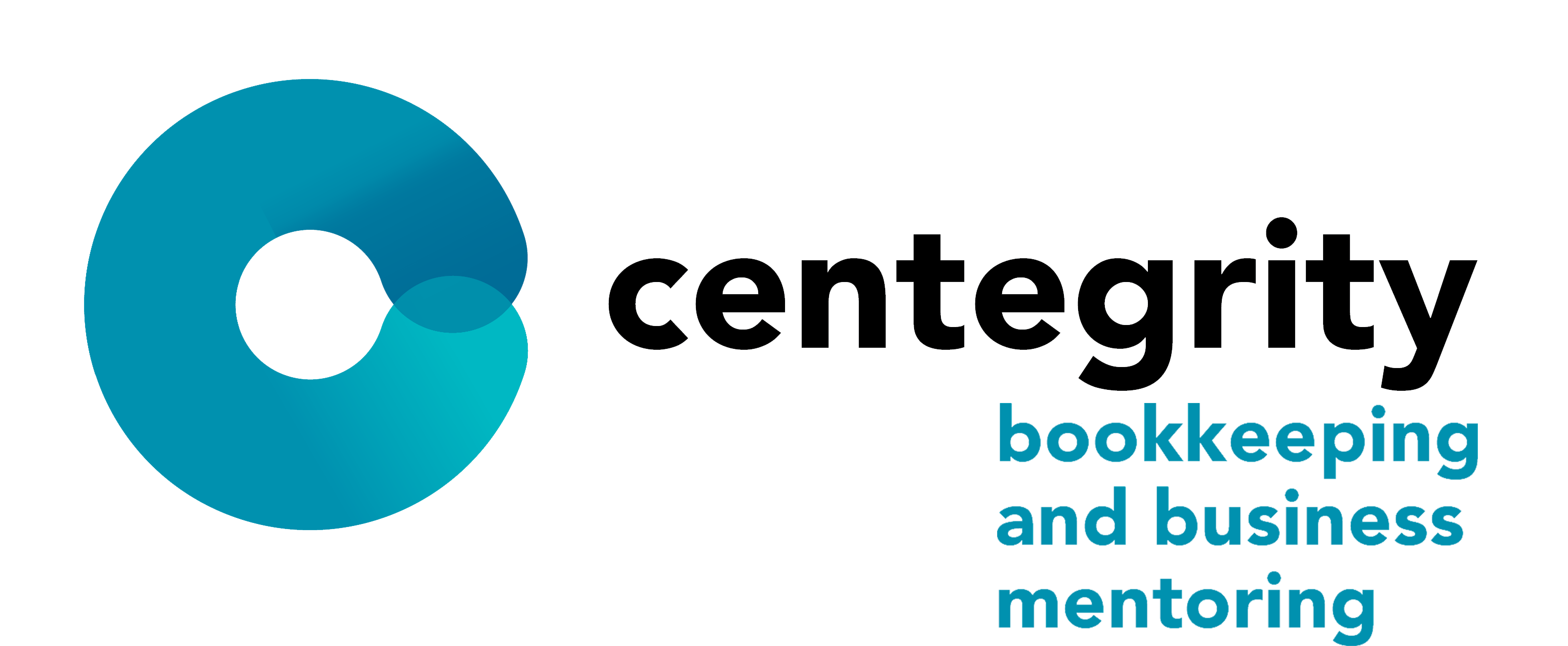As most employers know, superannuation (usually referred to as “super”) is a compulsory payment given to eligible staff working and residing in Australia.
But you may not be aware that there are compulsory increases that are taking effect on 1 July 2021. In this article, we will break down some of the most important legislation changes and requirements for Australian businesses with employees.
Australian Superannuation Rules
Federal law dictates minimum amounts that Australian employers must contribute to the super accounts of their employees, on top of paying their standard wages or salaries.
The superannuation guarantee dictates a contribution percentage of each employees’ ordinary time earnings, which generally consists of salaries/wages, commissions, allowances, but not overtime.
Superannuation is the Australian government’s way to ensure income savings for retirement.
New 2021 Superannuation Percentage Increase
Since July 2002, the superannuation rate increased from 9% to 9.5% in July 2020. New legislation now dictates that the rate will continue to increase up to 12% by July 2025.
The super guarantee is legislated to increase half a percent a year before reaching a final value of 12% by 2025. The reasoning behind the increase is the rising costs of retirement living, and the Australia Government’s concern that many retirees may not be able to adequately fund their retirement.
The superannuation guarantee rate (currently at 9.5%) will increase to 10% from 1st July 2021, as part of the already legislated plan to increase it to 12% over the coming years as follows:
| Period | General super guarantee (%) | Super guarantee (%) for Norfolk Island (transitional rate)
(from 1 July 2016) |
| 1 July 2002 – 30 June 2013 | 9.00 | 0 |
| 1 July 2013 – 30 June 2014 | 9.25 | 0 |
| 1 July 2014 – 30 June 2015 | 9.50 | 0 |
| 1 July 2015 – 30 June 2016 | 9.50 | 0 |
| 1 July 2016 – 30 June 2017 | 9.50 | 1 |
| 1 July 2017 – 30 June 2018 | 9.50 | 2 |
| 1 July 2018 – 30 June 2019 | 9.50 | 3 |
| 1 July 2019 – 30 June 2020 | 9.50 | 4 |
| 1 July 2020 – 30 June 2021 | 9.50 | 5 |
| 1 July 2021 – 30 June 2022 | 10.00 | 6 |
| 1 July 2022 – 30 June 2023 | 10.50 | 7 |
| 1 July 2023 – 30 June 2024 | 11.00 | 8 |
| 1 July 2024 – 30 June 2025 | 11.50 | 9 |
| 1 July 2025 – 30 June 2026 | 12.00 | 10 |
| 1 July 2026 – 30 June 2027 | 12.00 | 11 |
| 1 July 2027 – 30 June 2028 and onwards | 12.00 | 12 |
Changes To Employee Contribution Rules
Employees are also encouraged to supplement compulsory superannuation contributions with voluntary contributions. This can be done by diverting wages or salary income into superannuation contributions often called a ‘salary sacrifice’.
Additionally, in the Federal Budget, the Australian Government is proposing to abolish the exemption for low-income earners. As a result, employers will be required to make quarterly super contributions on behalf of low-income employees earning less than $450 per month (unless another Super Guarantee exemption applies – see below) if the legislation is passed.
These other exemptions include:
- people you pay, to do work of a domestic or private nature for less than 30 hours per week
- non-resident employees you pay for work they do outside Australia
- some foreign executives who hold certain visas or entry permits
- members of the army, naval or air force reserve for work carried out in that role
- employees who opt out of receiving super if you’re covered by an SG employer shortfall exemption certificate in relation to the employee for the quarter
- employees temporarily working in Australia who are covered by a bilateral super agreement – you must keep a copy of the employee’s certificate of coverage to verify the exemption.
Loophole on ‘Total Employment Package’
As more workers today are on individual contracts, some people have a ‘total employment package contract’ which includes their superannuation contributions in their total amount paid. This means employers who use these types of contracts are passing on the super costs to the employees by lowering their wages.
For example, under the current rules, a person on a $100,000 per year total employment package would have 9.5% of that income kept aside as their super contribution.
However, with the increases starting July 1, some employers may now take 10% of their employees earnings out of their package, paying the employee less in salary, rather than increasing the total amount of the entire package.
While this is legally allowed for employers to do this, it is not advisable as many employees will feel like are not being fairly compensated under the new legislation. It is better for employee morale, and a fairer way to do business to simply raise the total employment package amount according to the superannuation raises.
If you have specific questions about your superannuation requirements for your business, we are here to help. Reach out to our team and book a free consultation.

